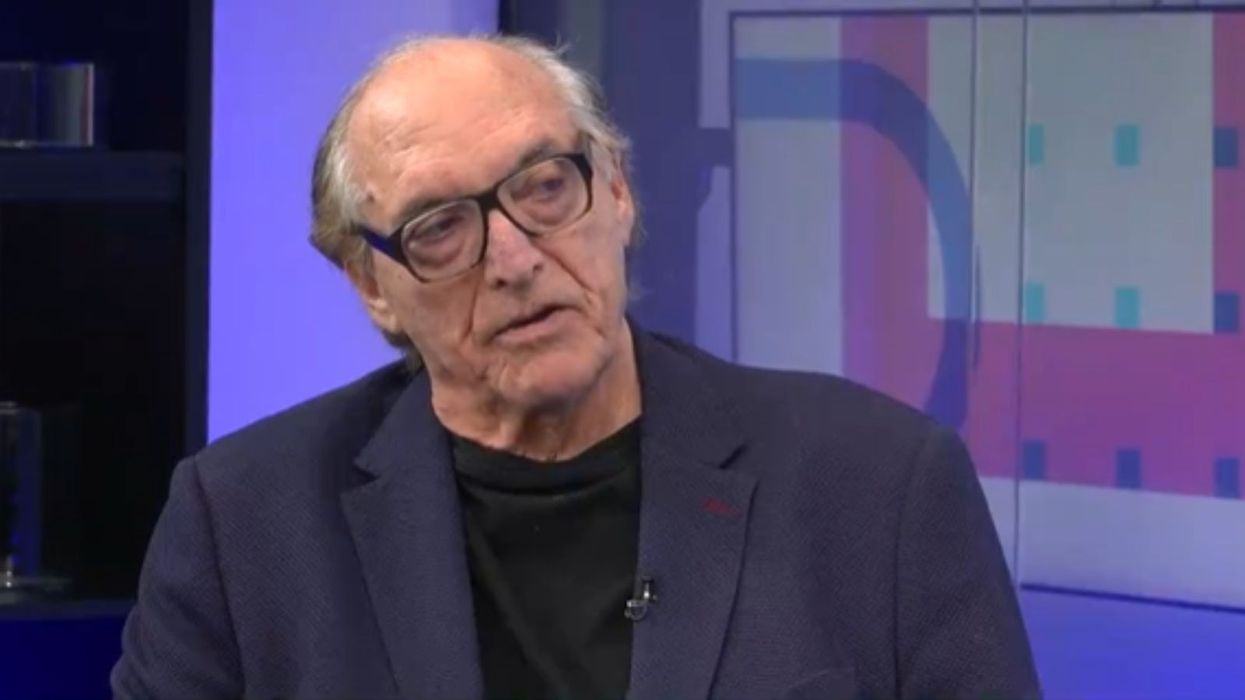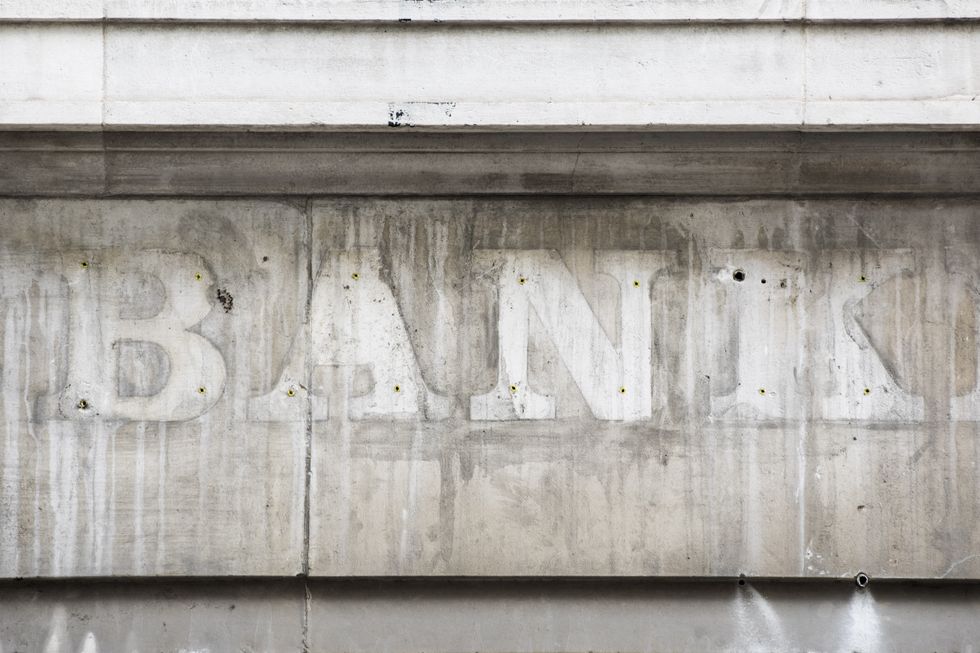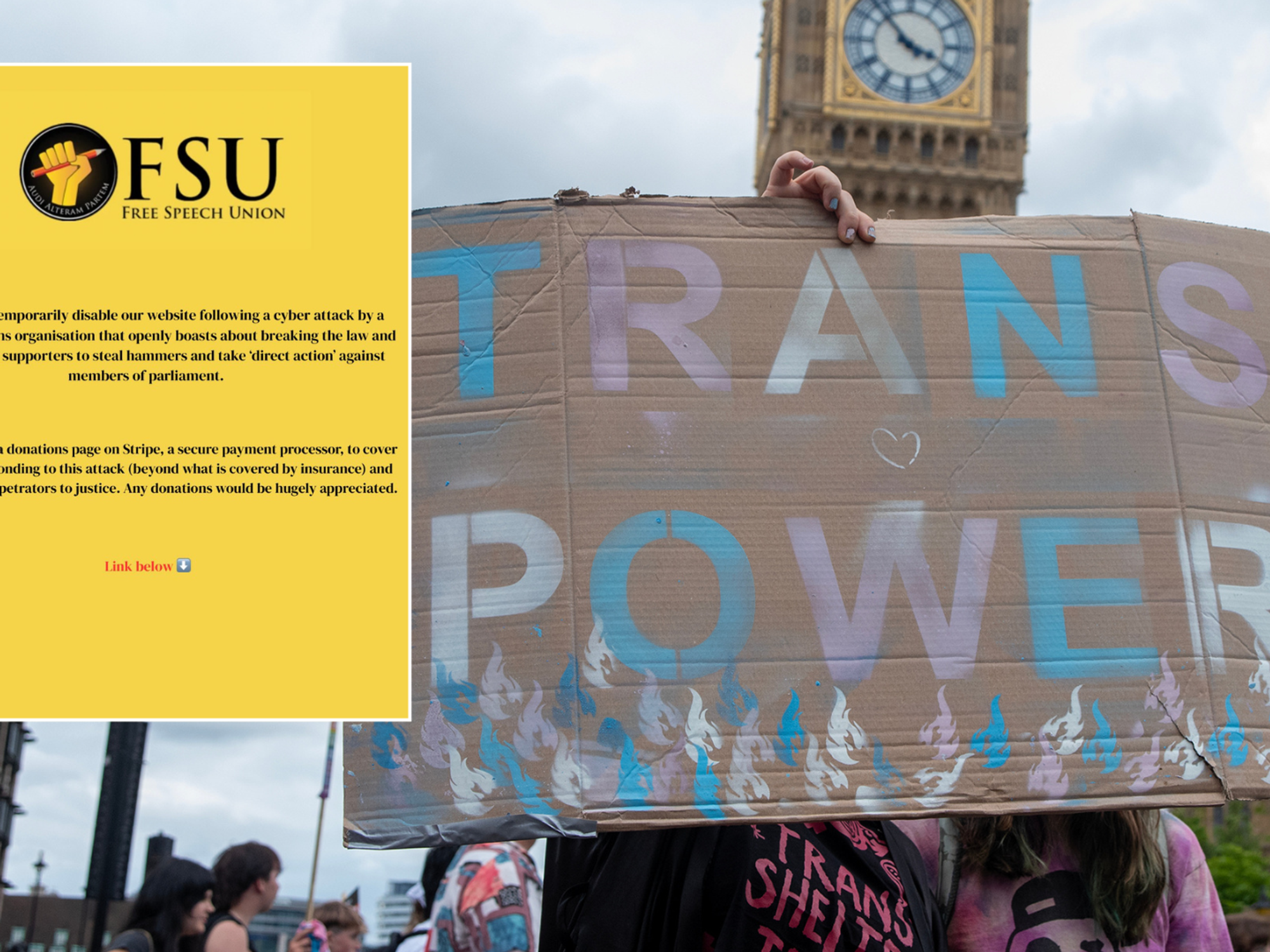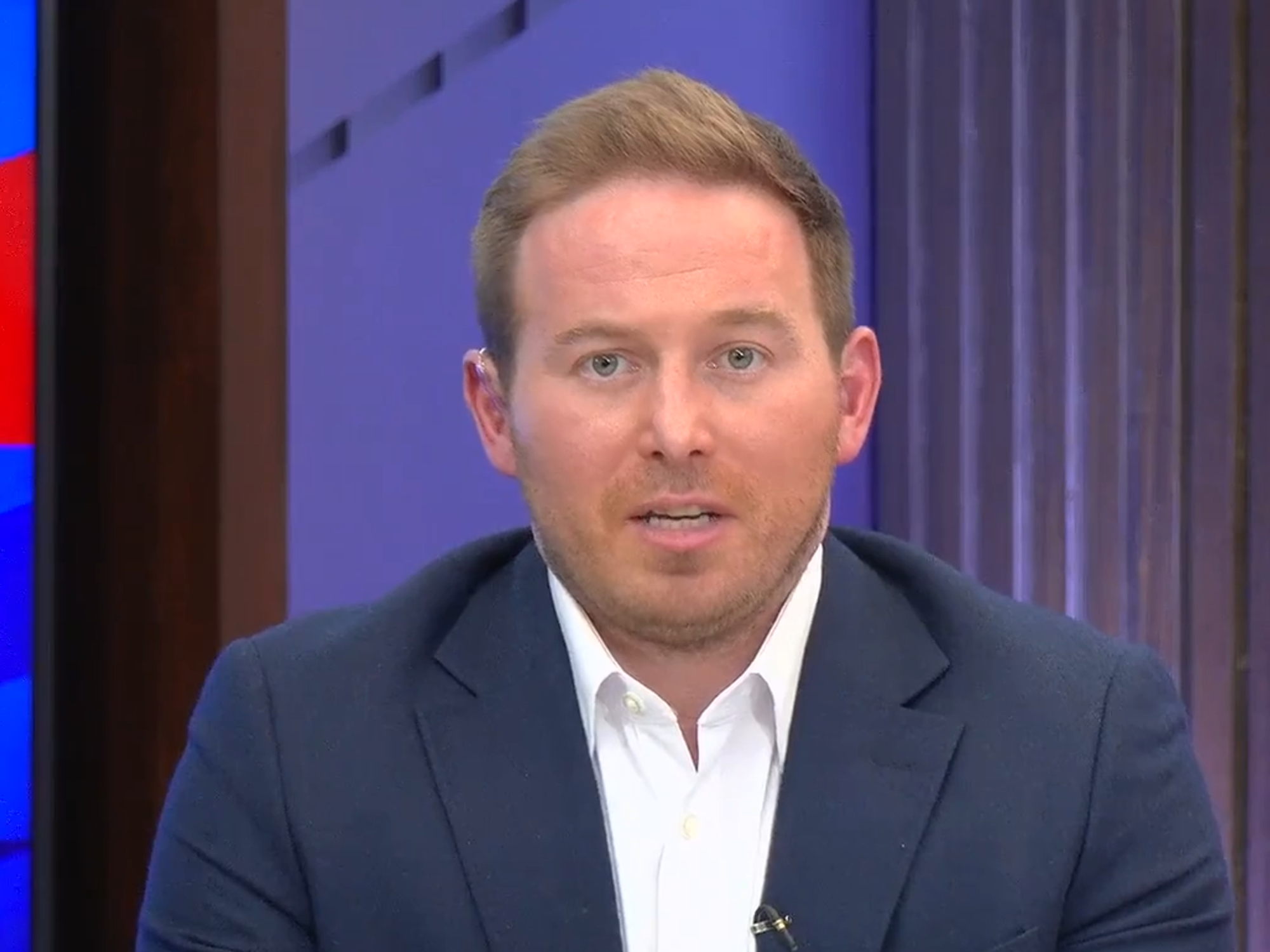'We are at risk of a dangerous situation if cash disappears. We must keep cash going,' writes Dr Roger Gewolb

Dr Roger Gewolb has shared his fears about a cashless society
|GB NEWS

Dr Roger Gewolb is a former Bank of England adviser
Don't Miss
Most Read
We will likely be a cashless society one day if current trends continue.
The trend towards a digital rather than a cash society over many past years really took off during the pandemic, and the effects of that persist until today.
More ATMs and bank branches are closing every day, particularly in non-metro areas, where declining use of cash is even greater.
And yet there are millions of disabled people and many millions more elderly people who rely on these services. Whilst there are no figures on how many of these people cannot use the internet and thus internet banking and mobile phone banking apps, it must be a pretty large number.
How are they going to pay their bills? How are some of them going to get paid the money they earn?
As companies like cash transit companies see business levels fall as demand shrinks and cut back services, it exacerbates the problems.
Do you have a money story you'd like to share? Get in touch by emailing money@gbnews.uk.

More ATMs and bank branches are closing every day, Dr Roger Gewolb warns
|PA
Many businesses, especially smaller ones, have traditionally operated only or partially in cash. It's nothing to do with cheating on tax or anything dodgy, but what’s going to happen to them? Are these businesses simply going to disappear?
And, what about the cash we all use now and then, albeit decreasingly for sure, but still essential?
For example, only the other night, I was invited to a fancy club by a friend.
I couldn’t find anywhere to park and the parking facility next door was full.
The doorman generously offered to park the car on the pavement in front of the club and watch it for me, but I had nothing to give him for a tip.
Unfortunately, he didn’t carry a card machine around with him and was unable to use the ones inside, he said.
So it took me 45 minutes and I was very late for dinner, having to find a cash dispenser and extract something for him.
Undoubtedly, digital banking is quicker, safer, more efficient and all the rest, but here’s the thing.
That efficiency will quickly lead, I believe, to a call for central bank digital currencies or CBDCs.
These have nothing to do with cryptocurrencies because they are not mere computer code, they actually have the credit and backing of the government behind them, so they are solid.
No, the risk goes the other way and it is that, if cash disappears, and CBDCs are the sole medium of exchange, it will be a potentially dangerous situation where government or government-authorised agents could be sitting and looking at every penny that we spend and receive. At least they will be able to do so.
I have nothing against CBDCs as an alternative for people who want to use them; why not?
But, if cash has gone entirely and they are the only currency of the land, just how far is it from getting a phone call from some jobsworth saying: “Hi there, we’re getting in touch as we all need to tighten our belts now and just to say that you’ve been doing an awful lot of shopping/clubbing/travelling/dining out/etc lately and we think you might ease off just a bit.”
“Say that again, mate?”
“Well, what I mean is that if you try to spend any money on those kinds of things for the next 60 days, we won’t be paying for it.”
“Are you serious?”
READ MORE:
Do you want to live like that?
Well, I certainly don’t, and so say the many, many millions of opponents of pure CBDC economies.
Let’s make sure we do everything we can to keep cash going.
Let’s have all the digital efficiencies imaginable, but never, ever get rid of cash, which, at the very least, will always be there when the software breaks down.










